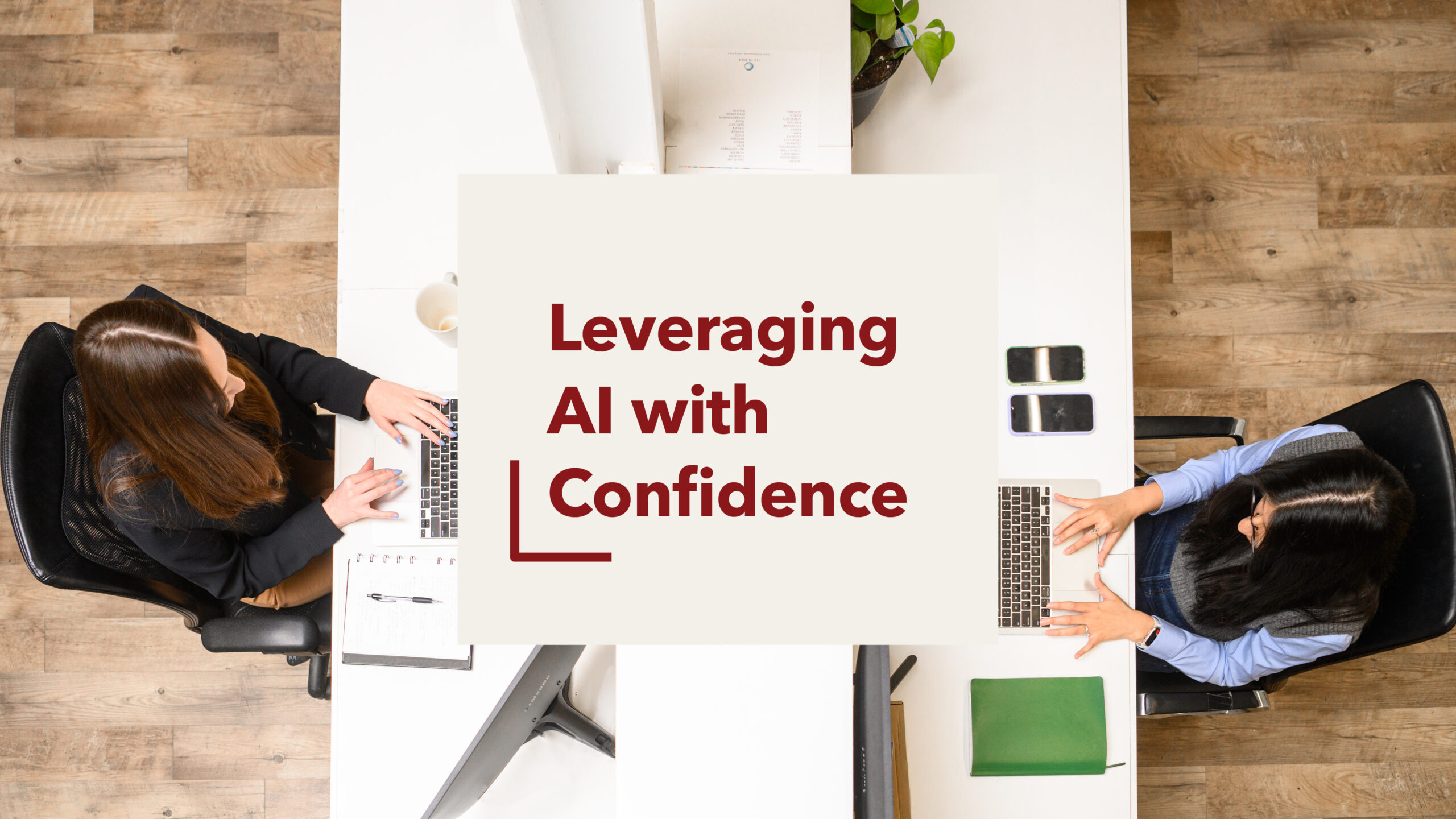AI isn’t just a trend. It’s a scalable knowledge engine. But unlocking its full value takes more than just technical know-how. To make AI work in the public sector, leaders need to understand both its potential and what pitfalls to avoid.
1. Build a Strong Foundation
AI is only as smart and trustworthy as the information it can access. Without quality data, sound engineering, and strong APIs you risk “garbage in, garbage out” or worse, hallucinations that erode trust.
What to do:
- Prioritize data governance and quality.
- Build reliable platform infrastructure.
- Connect systems through APIs so AI can access accurate and timely information.
When your information environment is designed for connection and quality, it becomes a powerful workforce enabler—helping your people deliver smarter, faster, and with confidence.
2. Scale-up Knowledge Work
AI has the potential to replicate the work of knowledge workers but at far greater scale. It enables automation and personalization of citizen services—for example, chatbots, digital assistants, and predictive routing. These tools enable cost savings and improved user satisfaction.
But real transformation isn’t about replacing people with chatbots. It’s about freeing up human talent to focus on what humans do best: empathy, judgment, and creativity.
What to do:
- Use AI to augment—not replace—frontline service roles and policy analysis.
- Prioritize areas where demand already outpaces capacity.
- Take advantage of AI to reimagine services and policies, focusing on value, not just volume—not all productivity gains are created equal.
The goal isn’t faster, faster, faster. It’s better at scale.
3. Make Analytics Accessible
Unlocking insights from data often requires specialized skills. But AI can process vast datasets and generate insights to inform evidence-based policy, forecast trends, and simulate outcomes in real time.
It democratizes analytics by allowing anyone to ask a question and get an answer—no data science degree required.
What to do:
- Enable self-serve analytics through conversational AI agents.
- Design for everyday decision-makers, not just “super users”.
- Build feedback loops to improve relevance and trust.
Think of it as giving every team a virtual analyst without needing to hire one.
AI isn’t a silver bullet—it’s a tool. And like any tool, its impact depends on the systems and people around it. But the real value doesn’t come from chasing quick wins. It comes from investing in people, data, and platforms that support AI to bring value to governments and citizens.
Train it thoughtfully. Connect it to quality data. And scale it with purpose.
Reach out to connect@davispier.ca to learn more and find out how to apply this in your specific context.
Josh Lee is a Principal at Davis Pier, where he’s dedicated to helping government and public sector organizations navigate digital transformations and build a brighter future for citizens. With over 20 years of experience in leading and advising on policy implementation, digital services, and public procurement, Josh is passionate about making a meaningful difference in his community.



